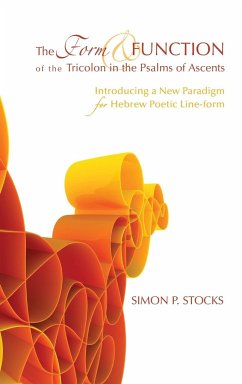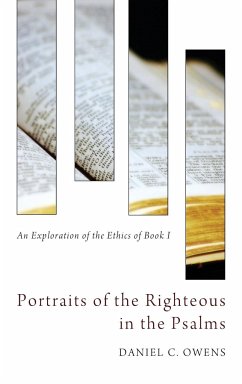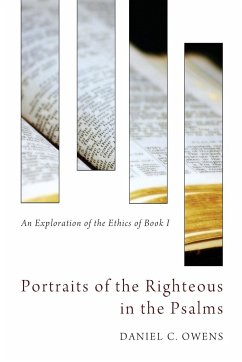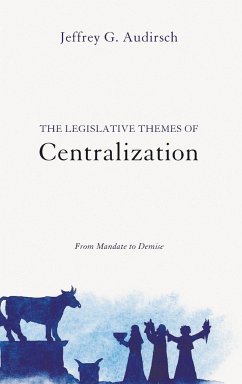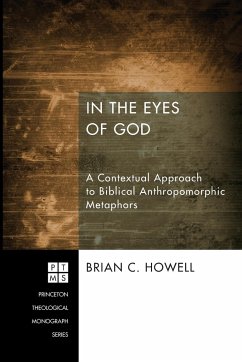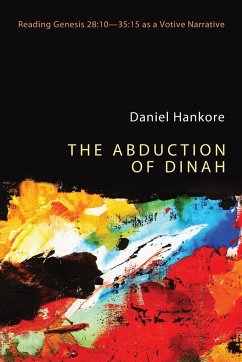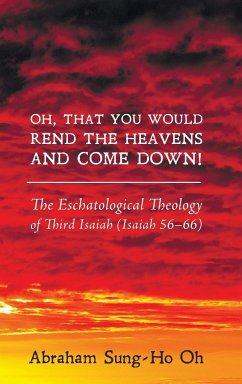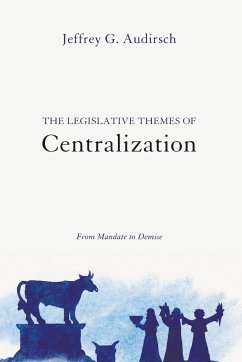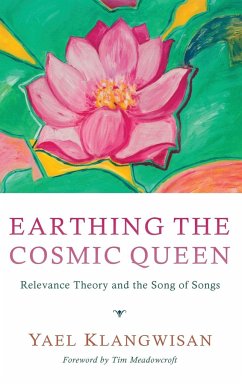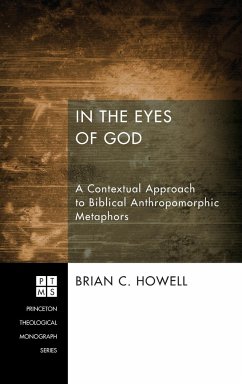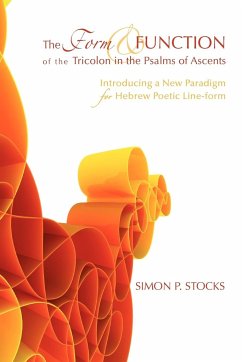
The Form and Function of the Tricolon in the Psalms of Ascents
Versandkostenfrei!
Versandfertig in 1-2 Wochen
30,99 €
inkl. MwSt.
Weitere Ausgaben:

PAYBACK Punkte
15 °P sammeln!
This book explores the little-regarded phenomenon of the tricolon in biblical Hebrew poetry, that is, those poetic lines that appear to have a tripartite form rather than the more common bipartite form. Taking the Psalms of Ascents as a sample corpus of poetic texts, it identifies tricola on an explicit and consistent basis. It draws on the rhythmical-accentual approach of Eduard Sievers, and in so doing highlights an important but neglected aspect of his method. The concept of a ""para-tricolon"" is developed, designating a line that is tripartite, yet rhythmically equivalent to a conventiona...
This book explores the little-regarded phenomenon of the tricolon in biblical Hebrew poetry, that is, those poetic lines that appear to have a tripartite form rather than the more common bipartite form. Taking the Psalms of Ascents as a sample corpus of poetic texts, it identifies tricola on an explicit and consistent basis. It draws on the rhythmical-accentual approach of Eduard Sievers, and in so doing highlights an important but neglected aspect of his method. The concept of a ""para-tricolon"" is developed, designating a line that is tripartite, yet rhythmically equivalent to a conventional bicolon. Analyses of psalm structures and of the syntactic and semantic structures of each tripartite line facilitate an assessment of the function of, and characterization of, tripartite lines. The significance of enjambment is explored as a distinguishing factor between different line-forms and as a means of uniting non-parallel cola. The study demonstrates clear differences between the form and function of para-tricola and those of tricola, and so will facilitate a more nuanced and realistic appraisal of the functional significance of Hebrew poetic line-forms.




